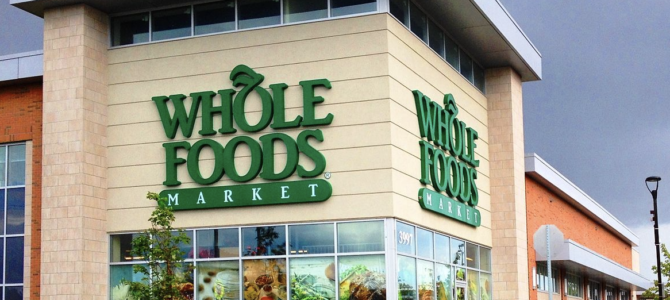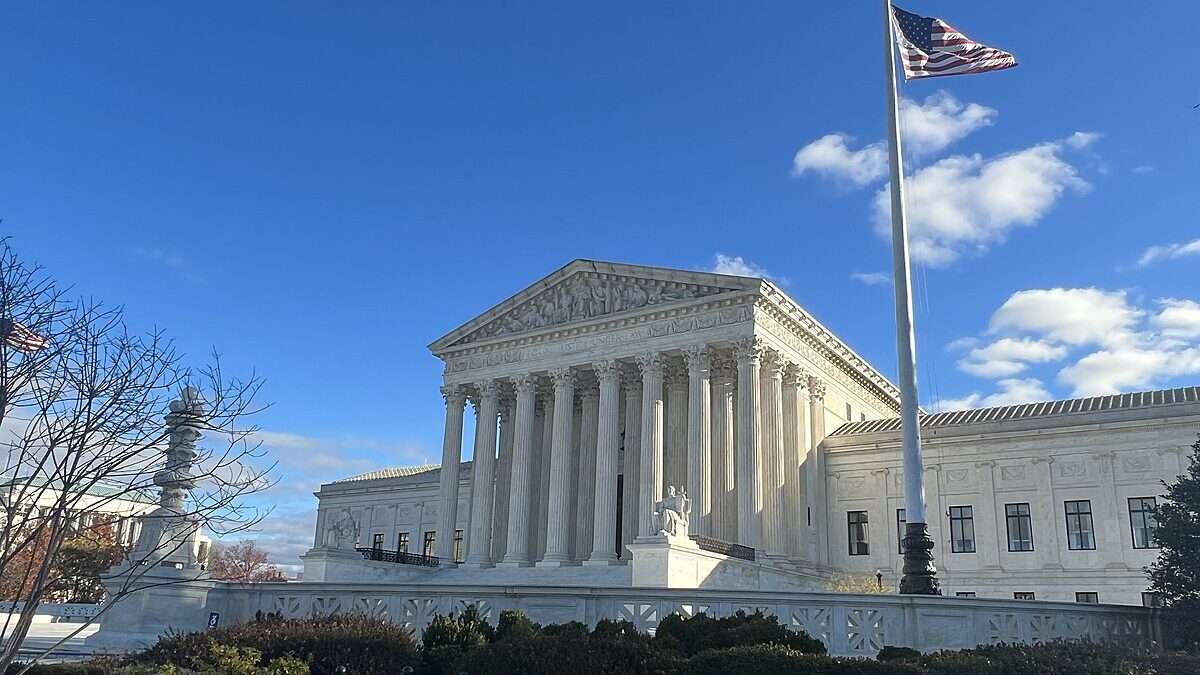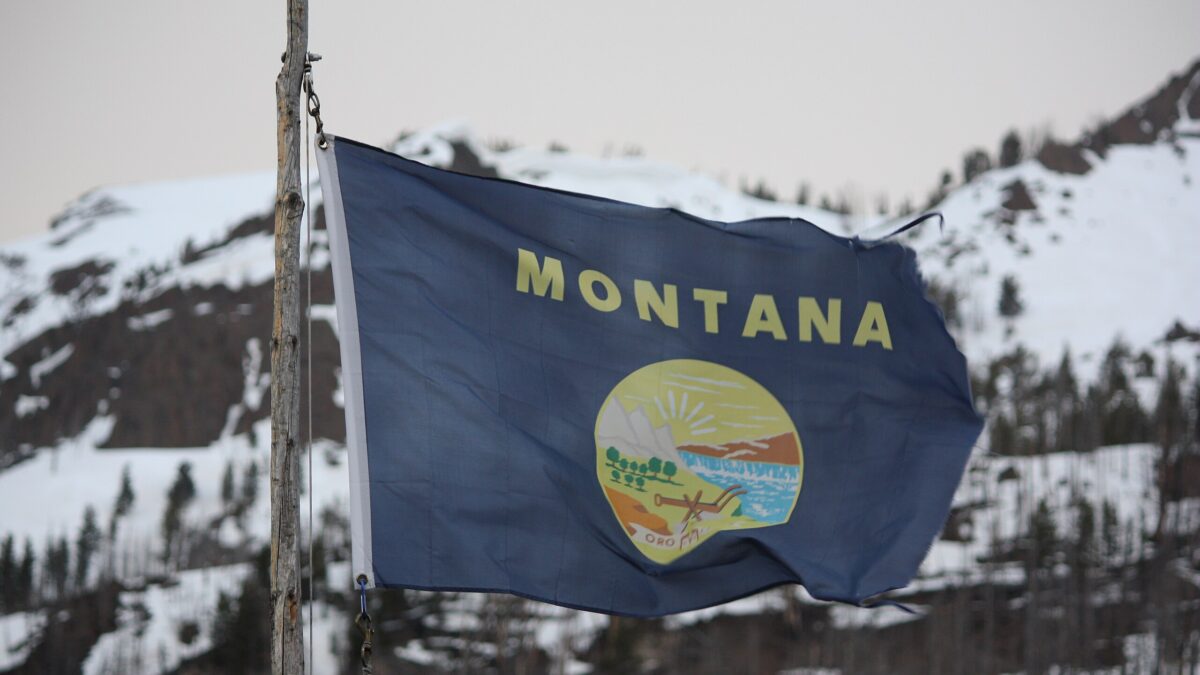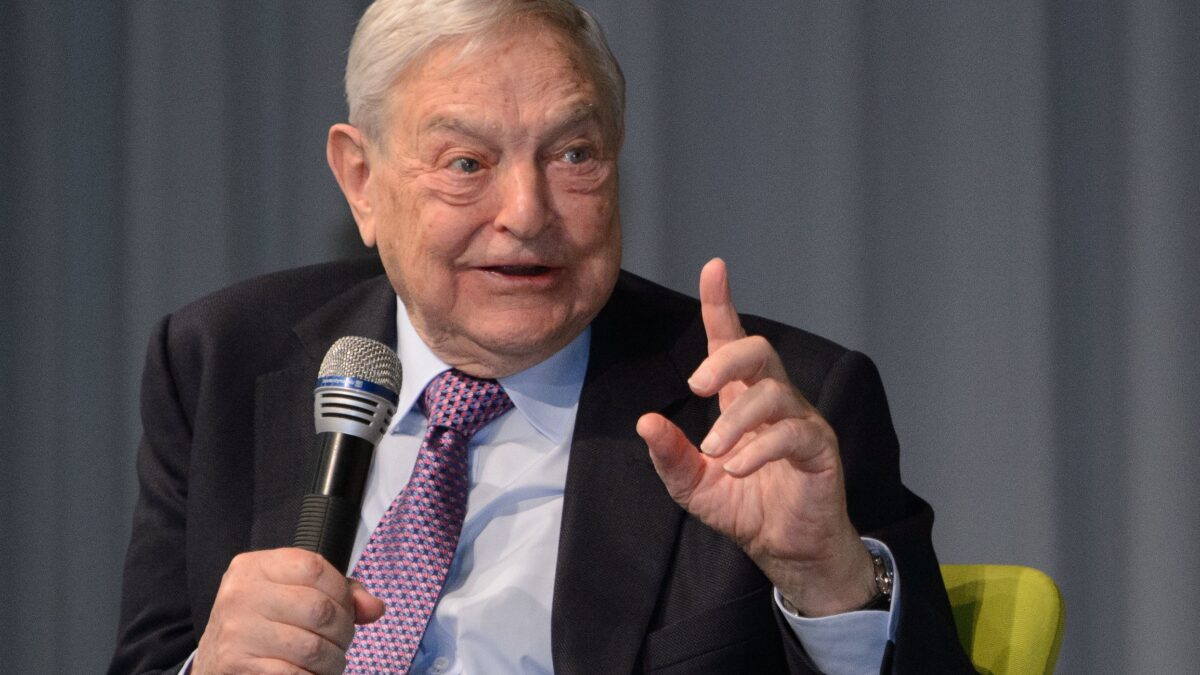
In today’s overbearingly hostile mask climate, a family in Virginia faced the wrath of overbearing employees of a grocery store chain owned by Amazon.
On Saturday, a mother, her 14-year-old disabled daughter, and a nurse were kicked out of a Whole Foods market in Vienna because the child was not wearing a face covering. Two employees named Rubin and Becca approached the family and told them they had to leave, even though the mother asserted that under the law they were permitted to stay.
“They said, ‘You can’t be here with her,’ and I said, ‘Excuse me?’ They said she had to have a mask on and I said, ‘Can’t you see she is in a wheelchair and is exempt from the mandate?’ I told them that it’s the law. [One of the employees] said it wasn’t and I said that you don’t want to go here,” Teresa Schultz, the mother of the child, told The Federalist. “I didn’t want to get my daughter upset because she is nonverbal. He said we have to leave, so we just left. I was so upset, and the nurse and I were like having heart palpitations. We were so upset. Never in the last year have we been asked to leave anywhere, and nobody has even questioned it because it is very apparent that my daughter is in a wheelchair, is nonverbal, and cannot wear a mask.”
Muffinbear just was kicked out of Whole Food Vienna for not wearing a mask. Think I’m a little ticked? This needs to get lit
— Muffinbears Mom (@tmschultzy) March 6, 2021
https://twitter.com/muffnbear/status/1368286200897941504
What Happened
Mary, who has high-tone cerebral palsy and is quadriplegic, qualifies under section E, clause eight of the amended Virginia order demanding mask wearing on Feb. 24, which is active until June 20, 2021. She has also had trouble breathing in the past, according to the parents. The clause states:
Nothing in this Order shall require the use of a mask by any person for whom doing so would be contrary to his or her health or safety because of a medical condition …Any person who declines to wear a mask because of a medical condition shall not be required to produce or carry medical documentation verifying the stated condition nor shall the person be required to identify the precise underlying medical condition.
“We’ve tried to put a mask on her, but she just rips it off her face. She won’t tolerate it. Our daughter does not have any fine or gross motor control, and she has a form of CP that is high-tone so her muscles are very tight,” Mary’s father, John Schultz, said. “Groceries are an essential service and I would expect that if someone arrives on wheels that we get the benefit of the doubt. I can’t imagine this is the first time they’ve dealt with someone with medical issues not wearing a mask. It’s really odd.”
Both parents highlighted this is an isolated incident for their family. No other businesses, according to the family, including Home Depot, Giant Food Stores, Michaels, or The Dollar Store, to name a few, have pushed their daughter to wear a mask. They were thrown off-guard by the Whole Foods employees’ lack of understanding and inclusivity.
“When I first called the store I got the customer service manager, who happened to be the one who kicked Teresa and our daughter out of the store. I told him about the original mask mandate and the clause about persons with medical issues being exempt. I quoted it and he doubled down,” John continued. “…He bounced me to another manager in the store who apparently was senior to him, and he and an assistant manager told me that the person was wrong to kick me out of the store. It sounds like they need some staff training and some empathy. People like [my daughter] really should not be subject to this kind of treatment.”
Legal Background
According to the Whole Foods website, “customers with a medical or other exemption will be required to wear a face shield or participate in a brief medical screening before entering the store,” effective Dec. 16. According to Teresa Schultz, her daughter was not provided the option to receive a health screening.
The Centers for Disease Control and Prevention says that people exempt from wearing a mask ought to include “a person with a disability who cannot wear a mask, or cannot safely wear a mask, for reasons related to the disability.” According to the Americans with Disabilities Act, government agencies and private businesses are required to provide “reasonable accommodations” for individuals with disabilities who cannot comply with mask mandates.
“If a person with a disability is not able to wear a face mask because of the disability (say a breathing disorder, PTSD, clinical claustrophobia, or inability to use hands to remove a mask, such as the child in question), public accommodations, and state laws governing them, must under the ADA (42 U.S. Code § 12182(b)(2)(A)) allow for reasonable modifications to mask policies so persons with disabilities can fully ‘participate in or benefit from the goods, services, facilities, privileges, advantages, or accommodations’ of the public accommodation, of which a grocery store counts,” Roger Severino, former director of the Office for Civil Rights at the Department of Health and Human Services under President Donald Trump, now a senior fellow at the Ethics and Public Policy Center, told The Federalist.
Three reasons a business might not provide such modifications, according to the National Rehabilitation Information Center, are if “(1) the requested modification would result in a fundamental alteration/change to the nature of a service, program, activity, goods, services, or facilities; (2) an undue burden where the requested modification would cause significant difficulty or expense; or (3) a requested modification that poses a direct threat to the health and safety of others.” While some places might prefer a customer to do “curbside pickup” or no-contact delivery as an accommodation, disabled people are not required to do so.
While the Department of Justice said in June that “The ADA does not provide a blanket exemption to people with disabilities from complying with legitimate safety requirements necessary for safe operations,” the executive order by Virginia Democratic Gov. Ralph S. Northam deters against mandating the disabled to mask. Mary Schultz also qualifies under clause four in section E that states “Any person who has trouble breathing, or is unconscious, incapacitated, or otherwise unable to remove the mask without assistance” is exempt from mask mandates.
GianCarlo Canaparo, a legal fellow at The Heritage Foundation, pointed The Federalist to Title 42, Chapter 126 of the U.S. Code, in considering this situation. It states that “No individual shall be discriminated against on the basis of disability in the full and equal enjoyment of the goods, services, facilities, privileges, advantages, or accommodations of any place of public accommodation by any person who owns, leases (or leases to), or operates a place of public accommodation.” Canaparo noted that section 12181 of the code defines “public accommodation” to include grocery stores.
“The plain language of that statute does seem to apply in the case of the girl here, assuming that as a result of a disability, she could not wear a mask,” said Canaparo.
What constitutes a “reasonable accommodation” under the ADA is a legal standard that is debated on a state-to-state basis. Not all states give protections or guidance in COVID-19-related orders for disabled individuals in regard to mask-wearing. Virginia does.
Whole Foods Apologizes
All this in mind, it seems unreasonable for a severely disabled minor to be kicked out of an “essential business,” as defined by Northam.
The senior manager at the grocery store in Virginia called the father on Sunday to apologize for kicking his wife and disabled daughter out of Whole Foods, saying, “It was handled poorly and won’t happen again,” John Schultz said.
“I can confirm that the Vienna Store Team Leader has reached out to the family, apologized for their experience, and had a good conversation with them. We look forward to welcoming them back to our store,” Heather Mccready, a Whole Foods Market corporate spokeswoman, told The Federalist.









